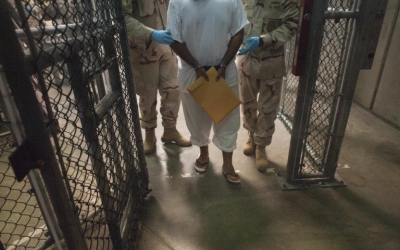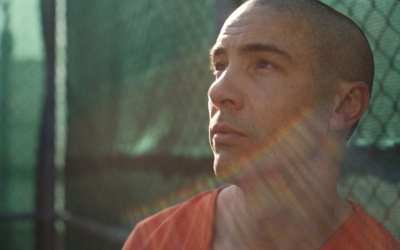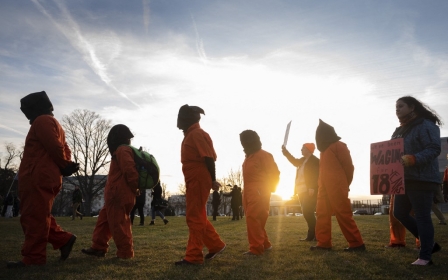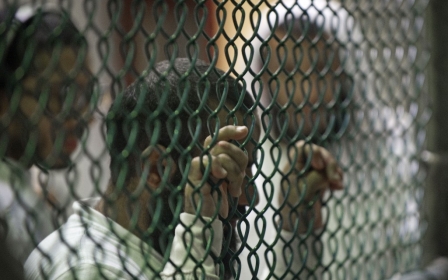US Supreme Court to rule if Gitmo prisoner can subpoena intel on CIA black sites
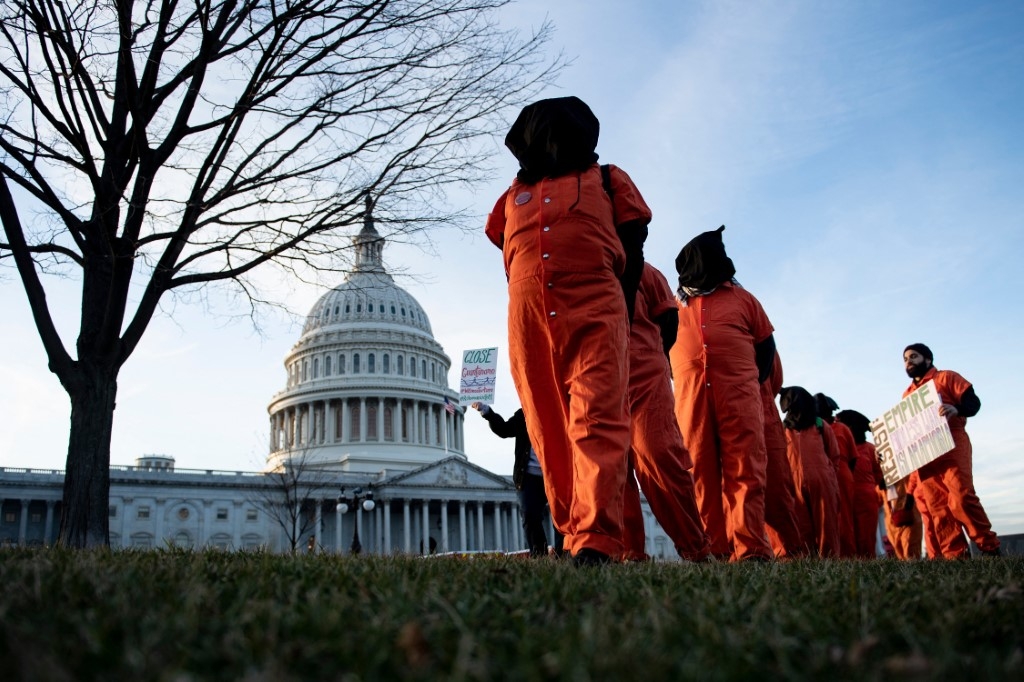
The US Supreme Court has agreed to hear an appeal from one of Guantanamo Bay's "forever prisoners" over the availability of secret evidence surrounding his torture and detention.
The court, on Monday, said it would hold a hearing to decide whether the government can block a Guantanamo Bay prisoner from obtaining information from two former CIA contractors that were involved in creating the US's war on terror-era torture programme.
Zayn al-Abidin Muhammad Husayn, better known as Abu Zubaydah, wants to subpoena James E Mitchell and Bruce Jessen, the two CIA contractors, in connection with a Polish criminal investigation.
The investigation was brought up after the European Court of Human Rights ruled that Abu Zubaydah had been tortured in 2002 and 2003 at CIA black sites, including one in Poland.
Born in the Palestinian territories and raised in Saudi Arabia, Abu Zubaydah was captured in 2002 in Pakistan and was one of the first detainees tortured under the CIA's "enhanced interrogation" programme.
At the time of his capture, the CIA, along with then-President George W Bush, publicly claimed that he was a top-level al-Qaeda leader with direct connections to Osama Bin Laden.
But in 2006, the CIA conceded that Abu Zubaydah was never a senior member of al-Qaeda because he was never a member of the armed group to begin with.
During his nearly two decades in captivity, he has never been charged or tried.
An acceptable risk?
The torture techniques used on Abu Zubaydah were the creations of Mitchell and Jessen, both psychologists hired by the CIA.
The two doctors, hired to consult on the interrogation of Abu Zubaydah and other prisoners, have testified in the past as to their culpability in assisting in the CIA's torture programme.
In 2019, a federal judge ruled in favour of the US government's attempts to block Abu Zubaydah's subpoena, saying it would "present an unacceptable risk of disclosing state secrets". But the Ninth Circuit appeals court later denied state secret protection to Mitchell and Jessen.
The three-judge panel said the subpoena could go through as long as certain evidence that would endanger national security was not disclosed. The full circuit refused to re-hear the panel's decision over the dissents of 12 judges, who slammed the ruling as "a serious risk to our national security".
Both the Trump and Biden administrations officially requested that the Supreme Court intervene, saying that "the identities of its foreign intelligence partners and the location of former CIA detention facilities in their countries" could not be disclosed "without risking undue harm to the national security".
Abu Zubaydah has been subjected to waterboarding, sleep deprivation, forced nudity and confinement to a coffin-sized box, among other torture methods.
His release has been repeatedly denied as the 50-year-old lives out his days at Guantanamo. He is the only Palestinian held at the prison camp.
'Forever prisoners'
Earlier this month, two dozen US senators, including Senate Judiciary Committee Chairman Dick Durbin, sent a letter urging US President Joe Biden to shut down Guantanamo Bay prison and transfer the 40 prisoners being held in custody.
The senators asked the president to re-open the State Department office that was shut down by former President Donald Trump so that officials could resume negotiations with foreign powers over the repatriation of prisoners cleared for release.
They also called for all six prisoners that had been cleared during the Obama administration to be released immediately and for the remaining prisoners that can be charged to be allowed to pursue plea agreements in US federal courts.
There are currently 40 men being held at the Guantanamo Bay prison camp. In addition to the six cleared for release, two have been convicted under the military court system, seven have been charged, three have been recommended for charges and 22 - dubbed "forever prisoners" - are being held without charge or trial.
The six men cleared for release at the end of the Obama administration were refused transfers under former President Trump. The Biden administration has yet to move on their cases.
In February, White House Press Secretary Jen Psaki said the Biden administration plans to close the high-security prison camp before the end of their first term.
Middle East Eye delivers independent and unrivalled coverage and analysis of the Middle East, North Africa and beyond. To learn more about republishing this content and the associated fees, please fill out this form. More about MEE can be found here.


